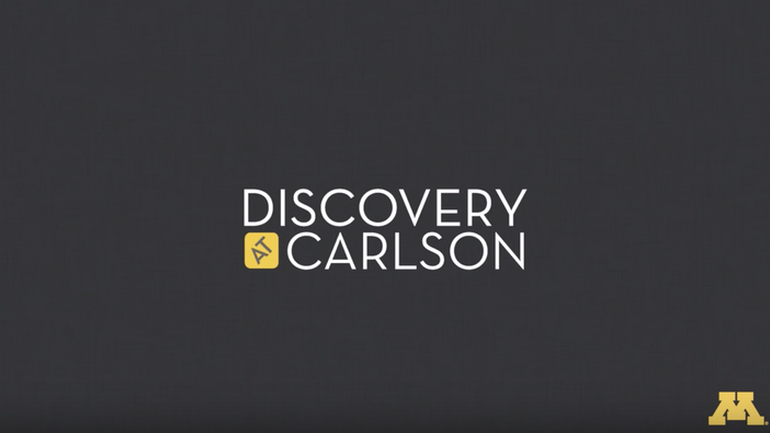
Softening the Blow: Turning Negative Information into a Positive Review
Thursday, May 28, 2015
When we hear the phrases “Bless her heart, but…” or “I don’t want to be mean, but…” in conversation, we expect something negative will soon follow. When it comes to product reviews, the use of these phrases has a rather unexpected—and positive—effect on consumers.
Known as “dis-preferred markers,” these common expressions have long been used to alert listeners and readers that the impending negative comment should be received in the light of positive feelings. Building off decades of research showing negative information is more beneficial to consumers than positive information, Professor Kathleen Vohs examined whether use of dis-preferred markers would change how negative information in product reviews was received.
Vohs discovered that reviewers who used dis-preferred markers to preface negative information were viewed as more likeable and more credible than those who didn’t.
She also found when consumers were shown a product described in a somewhat unfavorable light, they were willing to pay more money for it if, and only if, the negative information was preceded by a dis-preferred marker.
“When I’m thinking about a new product or a service, I want to know what normal people think, not people who are off the charts crazy about it,” says Vohs. “I think the dis-preferred marker style of communication is an authentic or everyman/everywoman approach, and that’s why the credibility and likability are high.”
While phrases like “Bless her heart,” or “God bless it,” may sound very American, phrases that are similar and serve the same purpose are widely used around the globe.
“Dis-preferred markers have the same type of effects in different languages all over the world,” says Vohs. “The fact that it works cross-culturally and it works in the very same way seems to suggest it’s a very fundamental part of the way people communicate.”
Dispreferred Markers and Word-of-Mouth Communication
Professor and Land O'Lakes Chair in Marketing Kathleen Vohs discusses her recent research, "We'll Be Honest, This Won't Be the Best Article You'll Ever Read: The Use of Dispreferred Markers in Word-of-Mouth Communication," which was published in the Journal of Consumer Research.
